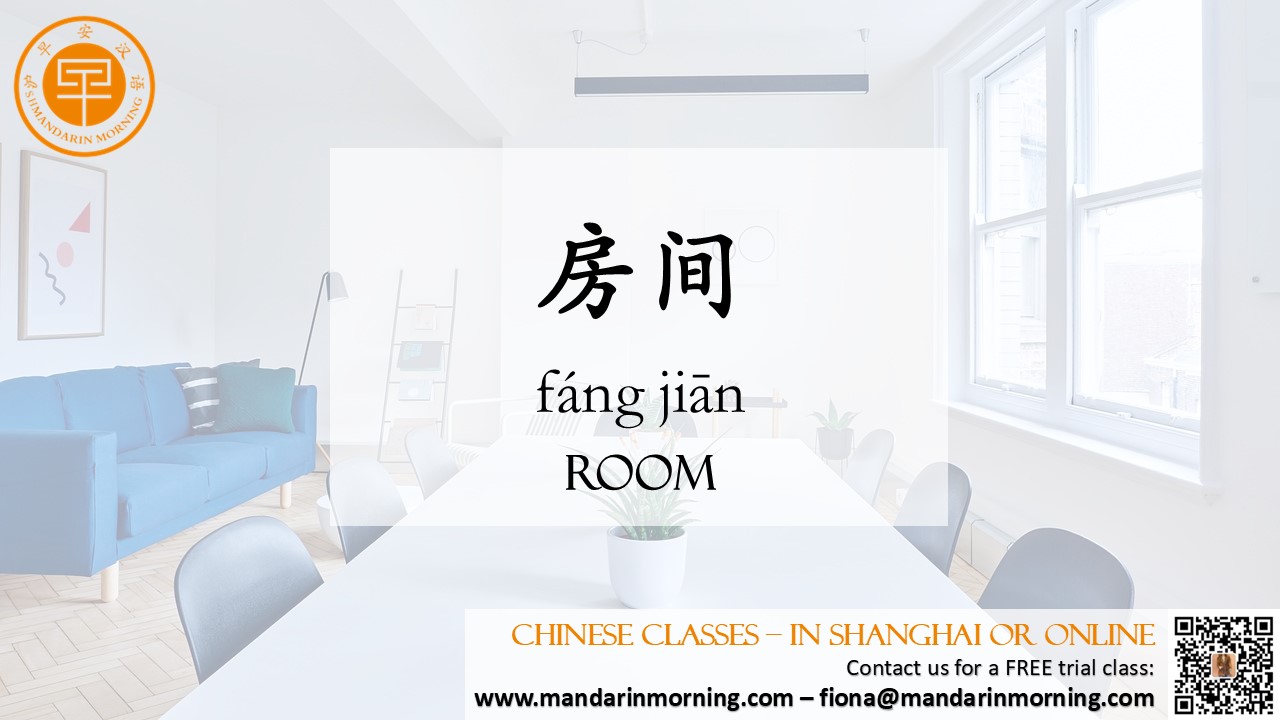【Learn Chinese】Chinese Lesson: Rooms of a House |
| Whether you reside in a spacious villa or a cozy apartment, every living space typically consists of certain standard rooms and parts. These rooms and parts are not only essential for daily living but also serve as a fundamental part of our vocabulary when learning Chinese. In this article, we will explore the Chinese terms for various rooms and parts of a house, providing you with a comprehensive guide to enhance your language skills. In Chinese, the word for "room" is 房间 (fáng jiān).  Living Room: 客厅 (kè tīng) The living room is the central space in a home where families gather to relax, watch TV, or entertain guests. For example, you might say, "我正在客厅看电视" (Wǒ zhèngzài kètīng kàn diànshì), which means "I am watching TV in the living room." Bedroom: 卧室 (wò shì) This is the room where you rest and sleep. A typical sentence could be, "我每天早上在卧室醒来" (Wǒ měitāng zǎoshang zài wòshì xǐnglái), meaning "I wake up in the bedroom every morning." Dining Room: 餐厅 (cān tīng) This is where meals are enjoyed. You could say, "我们经常在餐厅吃饭" (Wǒmen jīngcháng zài cāntīng chīfàn), which translates to "We often eat in the dining room." Kitchen: 厨房 (chú fáng) The kitchen is where food is prepared. An example sentence is, "妈妈在厨房做饭" (Māmā zài chúfáng zuòfàn), meaning "Mother is cooking in the kitchen." Bathroom: 洗手间 (xǐ shǒu jiān) This is the room for personal hygiene. You might say, "我要去洗手间洗手" (Wǒ yào qù xǐshǒujiān xǐshǒu), which means "I need to go to the bathroom to wash my hands." Hallway: 大厅 (dà tīng) The hallway is the passage connecting different rooms. For instance, "我穿过大厅去卧室" (Wǒ chuānguò dàtīng qù wòshì), meaning "I pass through the hallway to get to the bedroom." Laundry Room: 洗衣房 (xǐ yī fáng) This is where clothes are washed and dried. You could say, "我每个周末去洗衣房洗衣服" (Wǒ měi gè zhōumò qù xǐyī fáng xǐ yīfu), which translates to "I go to the laundry room to do laundry every weekend." Attic: 阁楼 (gé lóu) The attic is the space just below the roof. An example sentence is, "阁楼里堆满了旧物品" (Gé lóu lǐ duī mǎn le jiù wùpǐn), meaning "The attic is filled with old items." Basement: 地下室 (dì xià shì) The basement is the space below ground level. You might say, "地下室很凉爽,适合夏天" (Dì xià shì hěn liángshuǎng, shìhé xiàtiān), which means "The basement is very cool, suitable for summer." Balcony: 阳台 (yáng tái) The balcony is an outdoor space attached to a room. For example, "我喜欢在阳台上喝咖啡" (Wǒ xǐhuan zài yáng tái shàng hē kāfēi), meaning "I like to drink coffee on the balcony." Garage: 车库 (chē kù) A garage is where vehicles are parked. You could say, "我把车停在车库里" (Wǒ bǎ chē tíng zài chē kù lǐ), which means "I parked the car in the garage." Yard: 院子 (yuàn zǐ) The yard is the outdoor area surrounding a house. An example sentence is, "孩子们在院子里玩耍" (Háizimen zài yuàn zǐ lǐ wán shuǎ), meaning "The children are playing in the yard." |